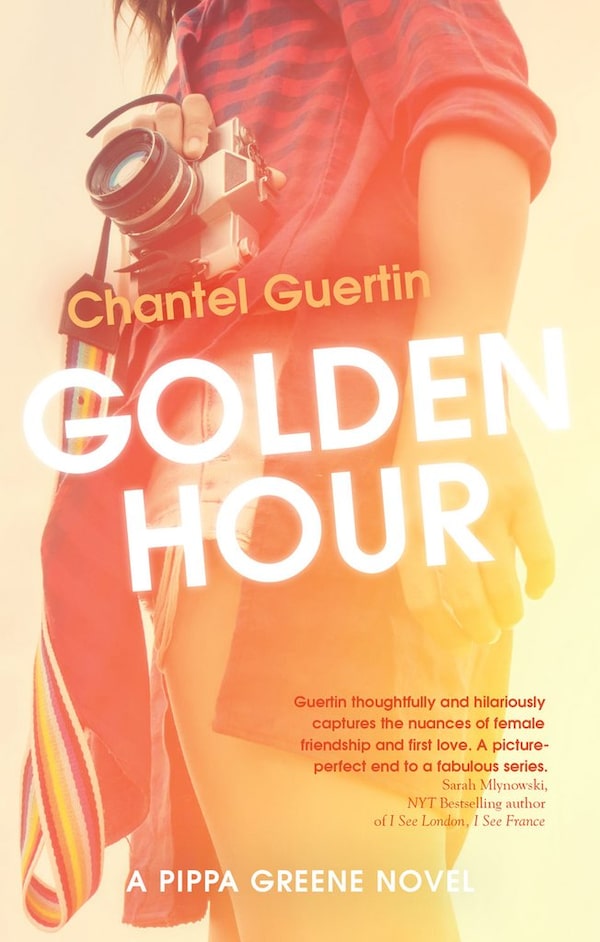
The Beach Boys once said that “it wouldn’t be right to leave the best girl home on a Saturday night” but the female leads in some of the best recent contemporary, realistic fiction for teens have better things to do, thank you very much. Romance still blooms, but these characters put self-discovery first.
Maurene Goo’s The Way You Make Me Feel tells the story of Clara’s summer reluctantly working the KoBra, her father’s Korean-Brazil fusion food truck (her grandparents are Korean, her father was born in Brazil and she was born in Los Angeles). Clara lives for laughs and pranks, and proudly proclaims, “You simply couldn’t out-jerk a jerk like me.” But meeting new people through the KoBra starts to chip away at Clara’s joker act. She starts to see the difference between chivalry and sexism and reflects on cultural experiences outside her own. Bonus: Goo’s L.A. food descriptions are positively drooly.

Emily Adrian’s books are the literary embodiment of Claire Danes circa 1995 – they simultaneously ooze preternatural coolness and genuine vulnerability. Adrian’s latest, The Foreseeable Future, does two things usually absent in YA. The main character, Audrey, wants to work in seniors’ health care after graduation, and teen books rarely show the realities of not pursuing four-year degrees or taking time off to travel/party. Audrey also finds herself interested in a guy she’s only known peripherally since kindergarten; there’s no convenient new boy in town or sudden interest from a long-time crush.
Seventeen-year-old Abby Ives is also working after graduation, interning at a hip clothing boutique. Abby claims that she’s doomed to be “the sassy best friend,” but readers will quickly see her star power. She’s bubbles on steroids dipped in Pop Rocks, perpetually chatty, dressed in candy colours and daydreaming. Amy Spalding’s The Summer of Jordi Perez bursts with love: for clothes, for burgers (Abby goes on a “best burger” hunt with a new jock friend) and for Abby’s female colleague, Jordi. Abby loves her body too and is comfortable describing herself as fat, with the essential qualification, “Being fat isn’t bad. Acting like fat’s an insult is, though.”

In the last instalment of Toronto author Chantel Guertin’s Pippa Greene series, Golden Hour, serial photographer Pippa is shocked to find out that she is wait-listed for NYU’s photography program. Guertin’s whole Pippa oeuvre is light and bingey, perfect for younger teens who are only ready to experience senior year in broad strokes. It’s a high-quality YA mocktail that goes down with blissful ease, and that’s not back-handed snark; there is a legitimate readership for Guertin’s lighter touch, which includes a nine-word sex scene (“Soon our bodies intertwine. We couldn’t be closer together”).
Sandhya Menon’s much-anticipated sophomore effort, From Twinkle, With Love, also stars a camera-obsessed heroine. Twinkle Mehra is intent on making it, both as a movie director and a popular student. She addresses her journal entries to influential female filmmakers such as Ava DuVernay, Haifaa al-Mansour and Sofia Coppola and reveals herself to be on a fervent and unapologetic search for self-worth. It’s an epistolary novel with tons of range, thanks to Menon’s seamless blending of heart-melty rom-com with times when Twinkle is downright unlikable. But relatability always beats likability and Twinkle has the former in spades.